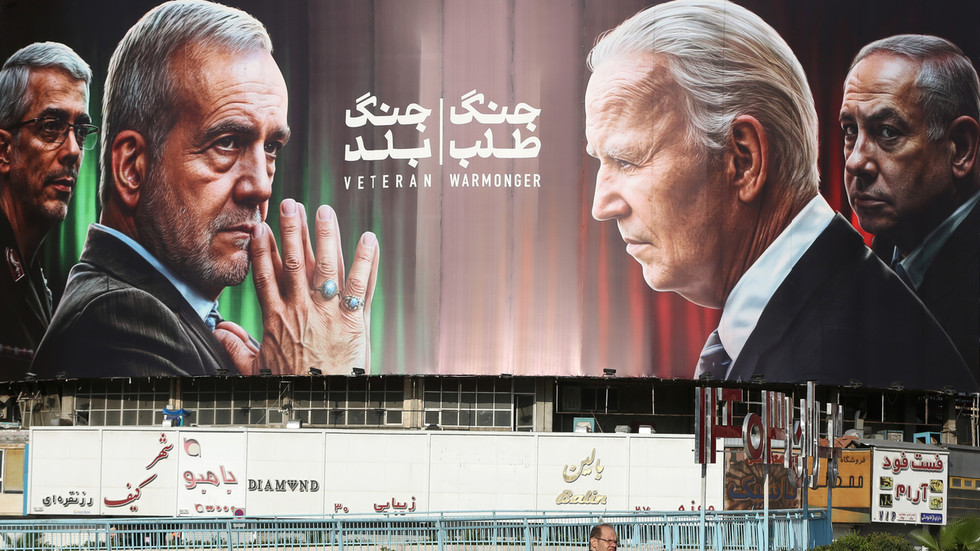Tensions between Iran and Israel have escalated significantly following recent military strikes issued by Israel. Tehran has vowed to respond militarily to the bombings that occurred last Saturday, which officials state were aimed directly at Iranian targets. This attack was reportedly a retaliation for a series of Iranian missile strikes launched against Israel in early October. The violence between the two states is part of a troubling pattern, showcasing a year marked by recurring assaults and heightened hostility, substantially influenced by the broader geopolitical landscape and recent developments in the region.
In light of the escalating situation, Iranian officials have signaled a strong intention to retaliate soon, possibly before the U.S. presidential election on November 5. Media outlets—including key U.S. news sources—have reported potential timeframes for an anticipated Iranian response, suggesting it could occur within days. A senior source informed CNN that Iran’s forthcoming retaliation would be both definitive and painful, indicating the seriousness of Iran’s intentions. The exact nature of the response remains unspecified, reflecting the unpredictable dynamics characteristic of Middle Eastern geopolitics.
High-ranking Iranian officials, including the commander-in-chief of the Islamic Revolution Guard Corps (IRGC), have issued statements promising a significant counteraction against Israel’s aggression. Hossein Salami labeled the future response as an “unimaginable answer,” signaling a high level of commitment to retaliatory action. Concurrently, deputy IRGC commander Ali Fadavi emphasized the inevitability of retaliation, asserting that Iran has a long-standing history of responding to attacks. This consistent rhetoric reinforces the notion that Iran will not let perceived aggression go unanswered, adhering to its decades-long policy of retaliation.
Additional insights from within Iran’s political hierarchy reveal a cautious calculation regarding the timing of a potential attack. Notably, discussions among officials suggest that while immediate retaliation is desired, there is a possibility of delaying an attack to avoid impacting the U.S. electoral process, particularly in relation to former President Donald Trump’s potential advantage. The context of the U.S. election may weigh heavily on the decision-making process, prompting some Iranian leaders to reconsider their immediate military options to avoid any unintended consequences that could arise from the timing of their actions.
The situation is further complicated by the backdrop of ongoing conflict involving Israel’s military operations in Gaza, which have drawn widespread international attention. This conflict reignited tensions between the Iranian regime and the Israeli state, especially after a surprise attack on Israel from Hamas, which resulted in over a thousand fatalities. Israel’s retaliatory military activities in Gaza have reportedly led to a staggering number of Palestinian casualties, contributing to an atmosphere of outrage and a sense of urgency within Iranian leadership regarding their military stance against Israel.
Overall, the interplay between military action, strategic retaliation, and geopolitical calculations are indicative of the broader regional tensions that signal potential future confrontations. The Iranian leadership’s commitment to a decisive response underlines the gravity of the situation, with implications not only for Iran and Israel but also for the wider Middle East and international relations leading up to the significant U.S. presidential elections. The evolving scenario continues to be monitored closely by global actors, and the potential outcomes remain uncertain as both sides prepare for possible future engagements.

